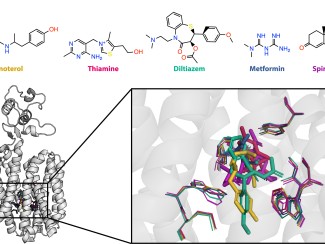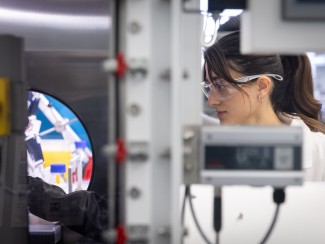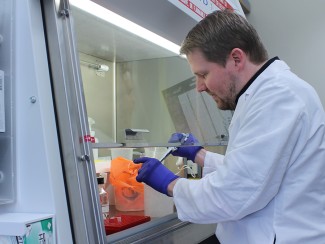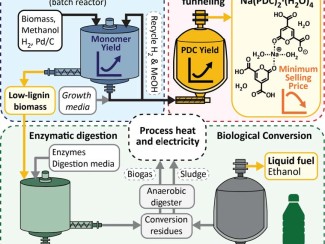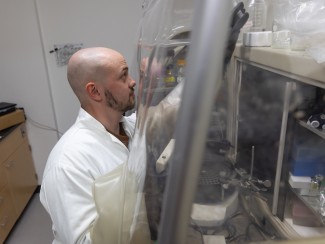
In October, we saw Wisconsin Energy Institute researchers comment to the press on topics of fungi, air quality and grassland conversion.
E. coli isn’t always bad—it’s actually an unlikely research hero

Popular Science
Bacteria are wildly underrated. From farming to flavoring, these microbes are essential in ways you probably didn’t even realize. There are three other stories in this series about bacterial fertilizers, art restoration, and the microbes that make vinegar.
Featured Researchers
Vehicle emissions in Wisconsin declined temporarily during COVID-19 shutdowns

Wisconsin Public Radio
A new report from state environmental regulators found stay-at-home orders during the onset of the COVID-19 pandemic prompted noticeable declines in air pollution in Wisconsin last year. The reductions were short-lived, but long-term trends show air quality is improving across the state.
Featured Researchers
The five biggest threats to our natural world … and how we can stop them

The Guardian
The world’s wildlife populations have plummeted by more than two-thirds since 1970 – and there are no signs that this downward trend is slowing. The first phase of Cop15 talks in Kunming this week will lay the groundwork for governments to draw up a global agreement next year to halt the loss of nature. If they are to succeed, they will need to tackle what the IPBES (Intergovernmental Science-Policy Platform on Biodiversity and Ecosystem Services) has identified as the five key drivers of biodiversity loss: changes in land and sea use; direct exploitation of natural resources; climate change; pollution; and invasion of alien species.

